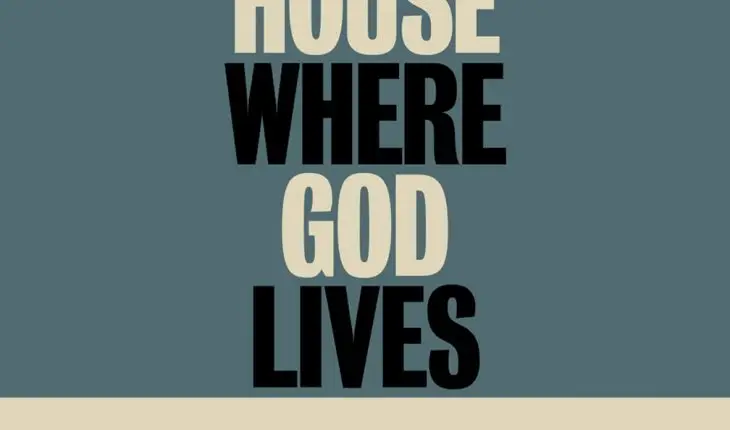Introduction: Badcock is a professor of Divinity at Huron University on Canada. This book is an attempt to “see beyond the church itself to the ground of the church’s life, or, to put the same thing more painly, to pose the question of what it is that makes ecclesiology theologically interesting” (xii).
The Good: Badcock rightly argues that too many ecclesiology books today are merely practical (or even purely pragmatic). He wants to look at the theological foundation of the church, and to produce what is called an ‘ontological’ ecclesiology; that is, he explores the reason for the church’s existence, not merely how should a church function. He has lots of historical interaction in the book, and is also not afraid to critique the Roman Catholic church. There are also some great reflections on the role of the Spirit in ecclesiology, and the nature of the sacraments.
The Bad: Badcock is definately to the left (theologically) of most the readers of this blog. You discover that almost immediately because he, tellingly, sets up quite a little spectrum with Augustine on one end and modern feminists on the other. He claims that neither ends of the spectrum quite have ecclesiology right; the solution is…. wait for it…. Barthian theology (e.g., 60ff.). That one example pretty much illustrates the rest of the book. He follows Barth heavily.
Overall: I appreciated his impulse against the pure pragmatism and emotionalism found in much ecclesiology today. He has some helpful stuff on the Holy Spirit and the Church. It was helpful for me to read someone slightly outside my normal theological circle so that I could see things from a little different perspective. I don’t agree with some of his conclusions, but I do appreciate his methodology and his desire to be biblically grounded. I would treat this a lot like I would treat a book on Barth’s theology: it is an OK book for somebody who has a solid theological foundation and likes to stretch himself/herself by reading different perspectives.



